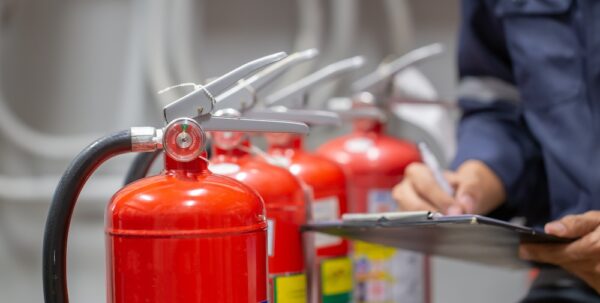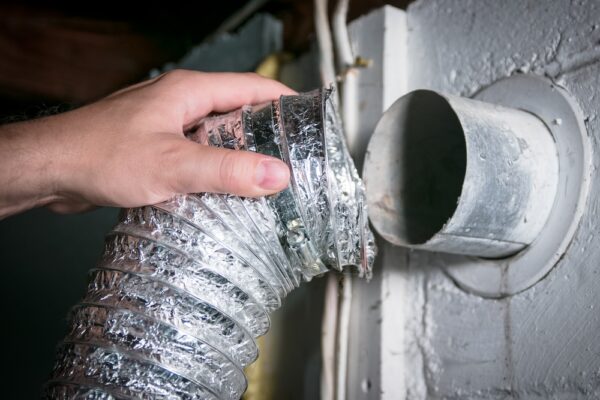The landscape of public housing inspections is constantly evolving. With HUD’s push towards ensuring safer and healthier living environments for all residents, the standards for property evaluations are being updated to reflect modern safety concerns. One such significant change has been introduced in the realm of Heating, Ventilation, and Air Conditioning (HVAC) – specifically concerning fuel-burning space heaters.
The Shift to NSPIRE
As previously shared, the transition to NSPIRE (National Standards for the Physical Inspection of Real Estate) can be postponed by PHAs until October 1, 2024. This extension aims to provide agencies ample time to adjust their software systems, train their staff comprehensively, and ensure a seamless transition. If your agency is considering this postponement, remember to notify HUD via NSPIREV_AlternateInspection@hud.gov and keep your HUD Representative in the loop within 45 days from September 29.
Mandatory Updates
While the transition to NSPIRE can be delayed, two significant regulations are already in place:
- Carbon Monoxide Detectors: Since December 2022, it’s been mandatory for all properties to have carbon monoxide detectors installed. This is a crucial safety measure, especially for properties with any kind of fuel-burning appliances.
- Ban on Unvented Fuel-Burning Space Heaters: Historically, many agencies permitted the use of unvented gas space heaters as a backup heat source. However, with the recent Notice PIH 2023-28, this is set to change. Starting from October 1, 2023, NSPIRE no longer allows the use of unvented fuel-burning space heaters, citing the risk of carbon monoxide exposure. If any PHAs have received a HUD-approved variation for these heaters while still using HQS for inspections, such approvals will be nullified by January 1, 2024.
As per the notice, PHAs are mandated to notify all current property owners and assisted families in writing by November 1, 2023. The message should clearly state that such heaters need to be removed and replaced with safer alternatives by December 31, 2023. Furthermore, for any new inspections post-October 1, 2023, no new Housing Assistance Payments (HAP) contracts will be sanctioned for units equipped with unvented fuel-burning space heaters. Before the execution of the HAP contract, property owners must provide an appropriate and safer heating alternative.
Implications for Residents and Property Owners
This change is not just about compliance; it’s about the safety and well-being of the residents. Carbon monoxide, often termed the “silent killer”, is a colorless and odorless gas. When inhaled, it prevents oxygen from entering the body’s cells and tissues, which can lead to severe tissue damage or death.
For property owners and managers, this change means investing in safer heating solutions and ensuring their properties remain compliant with the updated regulations. However, the real challenge is the tight timeframe, especially with the onset of winter. For residents, particularly those in colder regions, it’s crucial to ensure they have safe and effective heating solutions.
Taking Action
The clock is ticking, and timely action is paramount. For agencies and property owners who might feel overwhelmed by these changes, seeking expert advice and guidance can make the transition smoother.
The Inspection Group is here to assist. Whether you need pre-REAC inspections, insights on NSPIRE standards, or training on the latest HUD regulations, our team of experts is ready to guide you every step of the way. Ensure your properties are compliant, and your residents are safe.
Contact us today for all your REAC, HCV/HQS Inspection needs and let our expertise guide you through these changes.





